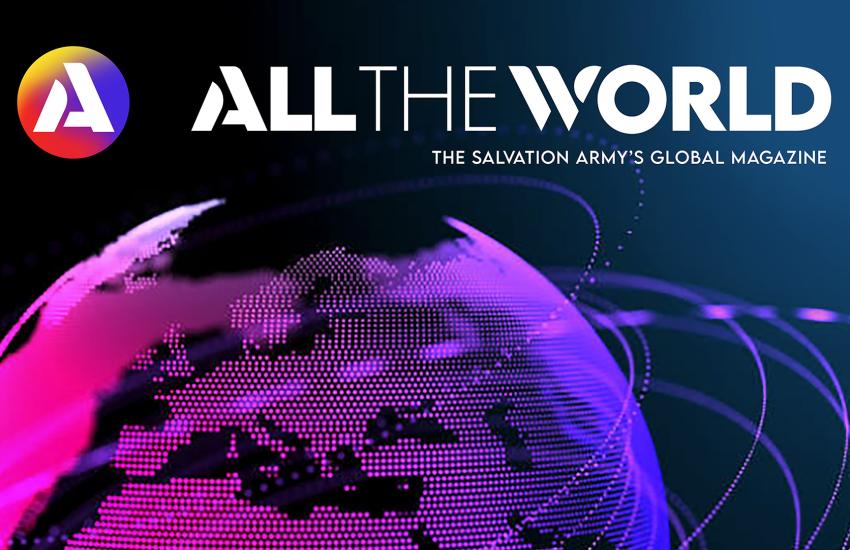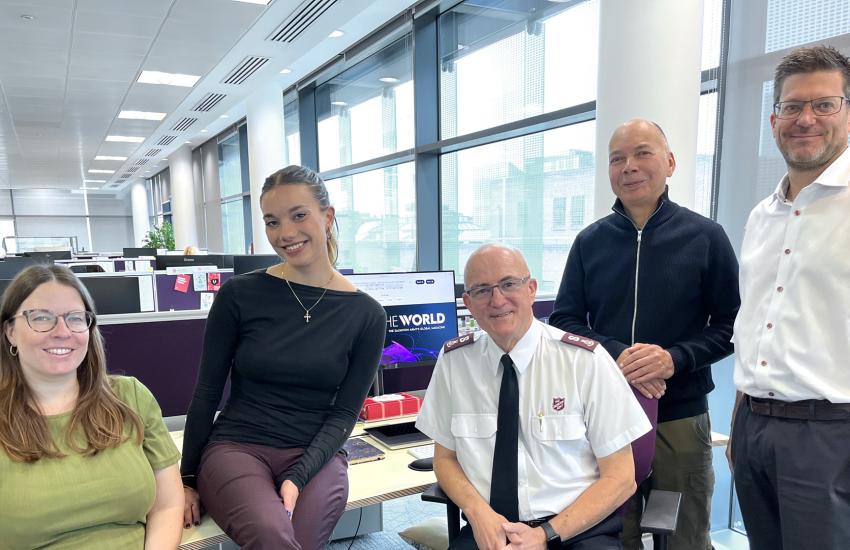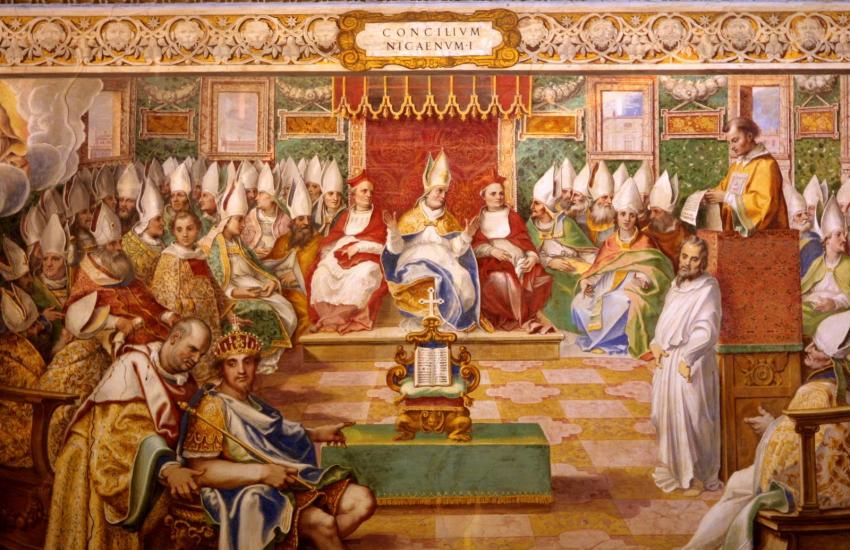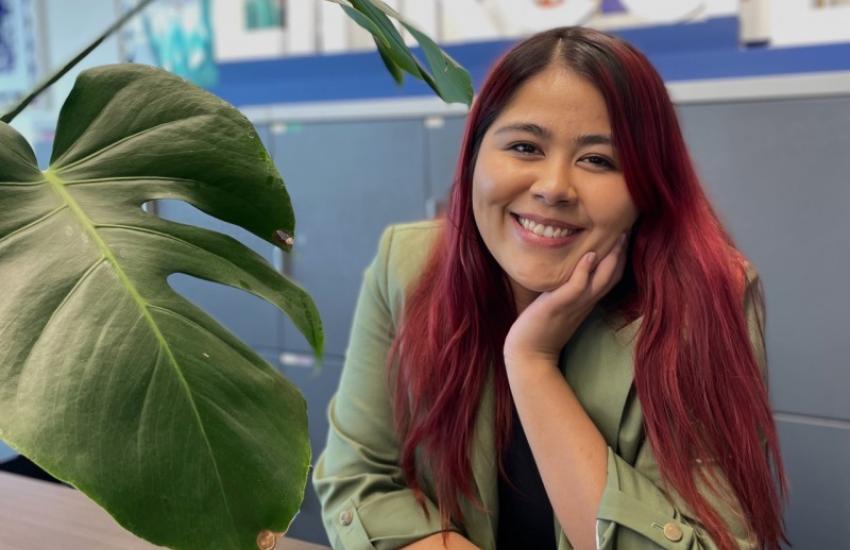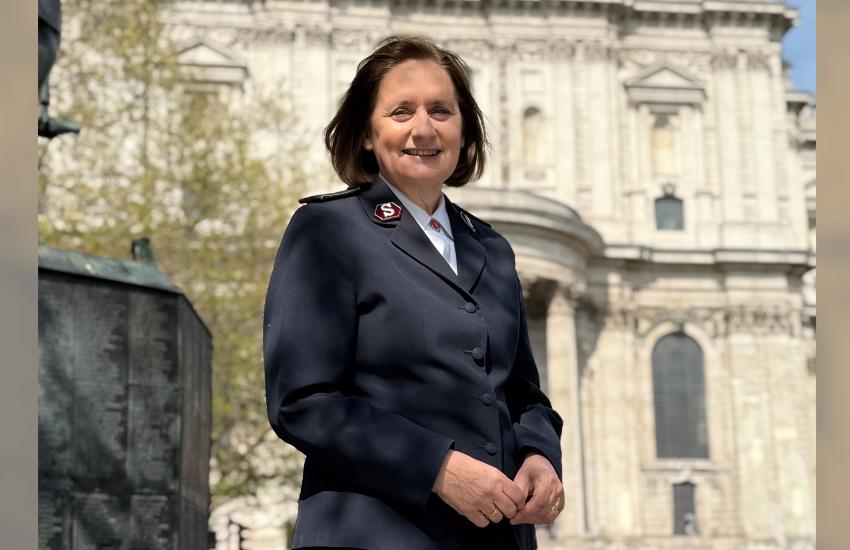On 7 October The Salvation Army bestowed its highest honour for non-members – the Order of Distinguished Auxiliary Service – on a Shia Muslim, Baghdad-born Muntajab Ibraheem Mohammed, the Movement's senior staff supervisor in the southern Iraqi town of Al Amarah. Here he speaks to Major Nigel Bovey, Editor of The War Cry, UK Territory.
On a routine trip across the desert, Muntajab hears the crack of gunfire. After 35 years of living in Saddam Hussein's Iraq, it comes as no surprise. The difference this time is that the Kalashnikovs and RPKs are aimed at him.
Based in Al Amarah, Muntajab – a 45-year-old communications engineer – is the head of the Iraqi Salvation Organisation, which was formed to help implement The Salvation Army’s programmes in Iraq.
'I was travelling to Basra to pick up a new team,' he explains on a visit to London. 'For security, I always have a different plan each trip. I change times, route and vehicles. Then between Al Uzayr and Al Qurnah two carloads of men opened fire on us.
'I radioed the other cars in our convoy. I told them to turn back and I would carry on. They escaped and I put my foot down. The two attacking cars followed me to Al Uzayr where the police were waiting. My car was only slightly damaged. Thankfully nobody was injured.'
This was not the only time Muntajab has been attacked.
'On another trip, we were attacked as we returned from Basra. People were hijacking vehicles. I drove on through the roadblock. They followed us and rammed us. We drove on but the car was badly damaged.'
Muntajab, who owned a fibre-optics factory in Baghdad before moving to Al Amarah 12 years ago, began working for The Salvation Army in May 2003. The Army pulled out its international team from the country in March 2004 because of the worsening security situation. Since then Muntajab has managed the locally employed team.
Over the years he, his 20-strong team and – security permitting – international volunteers have been responsible for the repair of sewers, the refurbishing of schools and the establishment of a needlework training centre in Al Amarah.
They have also enabled The Salvation Army to help people in need in Iran. After an earthquake in Iran last winter, The Salvation Army's International Emergency Services Coordinator, Major Cedric Hills, rang Muntajab.
'Major Hills asked me to find someone who spoke the Iranian language to accompany him into Iran with relief supplies,' Muntajab recalls. 'We couldn't get the necessary visa. So I suggested to Cedric that I organise a collection of money from my townspeople for the people of Iran. Cedric added that to the money from The Salvation Army and my team took food, blankets and supplies to the Iranian border, where we passed them over to the Iranians.
'Saddam Hussein taught us that Iranians were our enemy but it felt good to help them. Iraq is a very rich country and I hope that one day we will be able to give more help to many nations who need it.'
For the time being Iraq still needs help herself. Not least on the security front.
'The biggest mistake the Coalition made was to leave the borders open,' says Muntajab. 'They are still open. As a result, insurgents are in Iraq. It is these foreigners who are making trouble, not the Iraqi people.
'We miss security and law and order. We have foreign armies in our country but I believe in the future we will have security and control of our own destiny.
'The greatest difference now is we have our freedom. Under Saddam I couldn't use my camera. I couldn't have satellite TV or a mobile phone. Landlines were bugged. A lot of people were in prison. Saddam took us into war – eight years against Iran and then Kuwait. Hopefully today's young families will never see their sons going off to fight against another country.
'Men had to be in the military. If you were not, the regime cut your rations and salary. Travel is much easier now. You could travel within Iraq under Saddam but you had to go through a checkpoint every 25 kilometres.'
Muntajab still remembers his first meeting with a member of The Salvation Army as if it were yesterday.
'It was 21 May 2003, one o'clock in the afternoon,' he says, a broad grin sweeping across his face.
'I was walking down a street in Al Amarah when Captain Mike McKee opened the window of his car and asked if I knew where there was a house to rent. Captain McKee was in charge of the Salvation Army relief team. He wanted somewhere to base his people who would be monitoring the UN World Food Programme.
'Within two hours I found a house and the team moved in. Mike then asked me if I wanted work as an interpreter. Before I said yes, I asked him what the organisation was all about. He explained. I liked what I heard and I agreed to work for The Salvation Army.'
With the three-month monitoring of the UN food programme coming to an end, Salvation Army representatives met with town council members to discuss how the Army might help the community further. Muntajab and his men were key to the repair and rebuilding projects.
'My team and I have learned a lot from the expertise of the Salvation Army community development team. We are much better able to care for people as a result,' he says. 'The authorities know The Salvation Army gets things done and they like the way things are done.
'Do not believe media stories which say Muslims hate Christians. That is not how it is. In Al Amarah, for example, there has been a Christian church for around 250 years. It is not an issue. The bombing of churches in Baghdad, I suspect, was done by insurgents not Iraqis. Iraqi Muslims live in peace with Christians. We enjoy Christmas more than the Christians!
'The people of Al Amarah love The Salvation Army. The Salvation Army has given the Iraqi people a hope for peace we have been missing for 30 years.'
The online version of the UK War Cry is available at http://www.salvationarmy.org.uk/en/Publications/warCry/Home.htm
